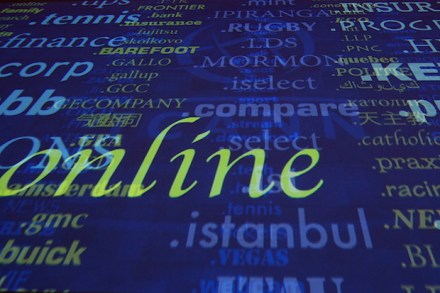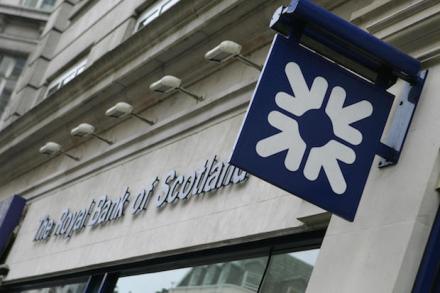Snowflakes are now triggered by the term ‘snowflake’
This has got to be the own goal of the year. Millennials want people to stop calling them ‘snowflakes’ because it is an unfair term of abuse that damages their mental health. Get your head round that if you can. In response to the accusation that they’re soft, oversensitive and too easily wounded by words and ideas, young adults are effectively saying: ‘No we aren’t. And if you keep saying we are, we will be plunged into mental despair.’ There aren’t enough faces and palms in the world to express the exasperation such a self-defeating defence deserves. This epic self-own was uncovered in research by Aviva. It surveyed 2,022 Brits




















